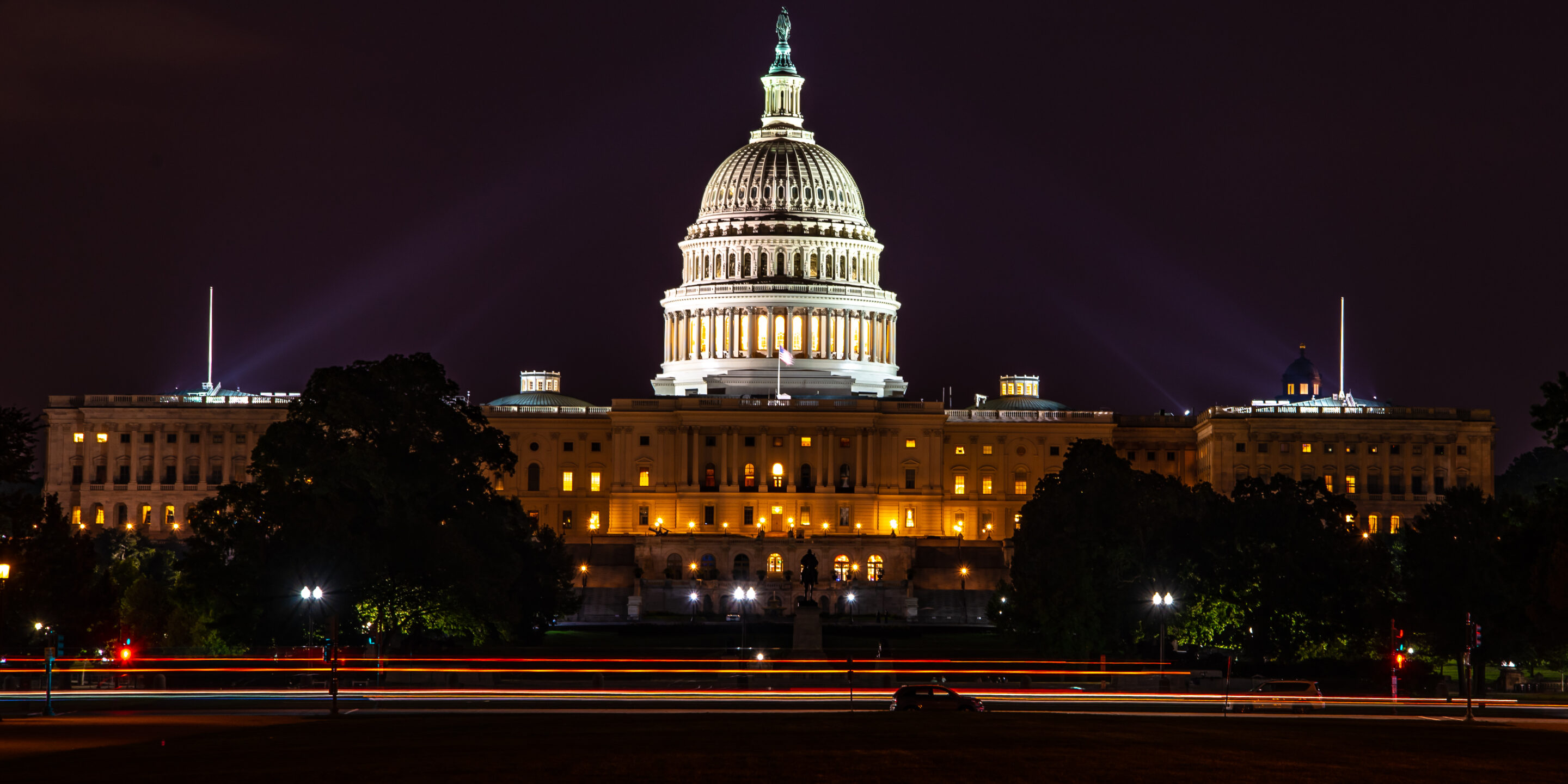
Twenty-two years ago today, the United States experienced its worst terrorist attack in history. It was a life-changing moment for tens of thousands of Americans, particularly those in the New York metropolitan area who saw two of the city’s most iconic buildings reduced to smoldering heaps of rubble and ash. The Pentagon, a stoic building across the Potomac River from our capital, saw one of its sides destroyed. About 166 miles to the northwest, another hijacked plane went down in rural Shanksville, Pennsylvania. By the time that horrible day was over, nearly 3,000 people had lost their lives.
The country’s entire being was shaken to the core. Americans, particularly those in New York and Washington, DC, felt more vulnerable than they had in years. For President George W. Bush and his administration, 9/11 was a formidable moment in their personal and professional lives; from that day on, Bush’s number one priority was bringing al-Qaeda, the terrorist group that perpetrated the attack, to justice. The U.S. government, typically a slow-wielding bureaucracy, was suddenly churning at full speed. Three days after the attacks, Congress introduced a use of force authorization and passed it in less than a week. “Our war on terror begins with al-Qaeda, but it does not end there,” Bush told the nation on September 20. “It will not end until every terrorist group of global reach has been found, stopped and defeated.”
If that was indeed the American goal, then Washington set itself up to lose. Not because the U.S. military isn’t good at what it does, but rather because terrorism is about as old as humankind itself. Pledging to annihilate terrorism, as Bush did that night, was about as ambitious as pledging to annihilate crime, illness or bad weather.
While the US made its fair share of mistakes during the outset of the so-called War on Terror (establishing a CIA-run torture program, green-lighting mass surveillance and throwing detainees into the purgatory that is Guantanamo Bay, to name just a few), the military aspect of the strategy started out well. The American air campaign against al-Qaeda in Afghanistan, as well as the Taliban government that hosted it, began on October 7, 2001 after then-Taliban leader Mohammad Omar refused to extradite Osama Bin Laden (the U.S. spent years trying to persuade Taliban officials to hand over the fugitive Saudi national). Tons of ordinance wiped out bin Laden’s training camps, and two months later, the Taliban’s government collapsed while its fighters either huddled down or begged for leniency. By December, bin Laden escaped to Pakistan after finding a way to break a hastily arranged U.S. security cordon in eastern Afghanistan’s treacherous mountains.
More on Middle East

By Jennifer Kavanagh and Dan Caldwell
July 9, 2025

Featuring Rosemary Kelanic and Jennifer Kavanagh
June 30, 2025
Events on Middle East







